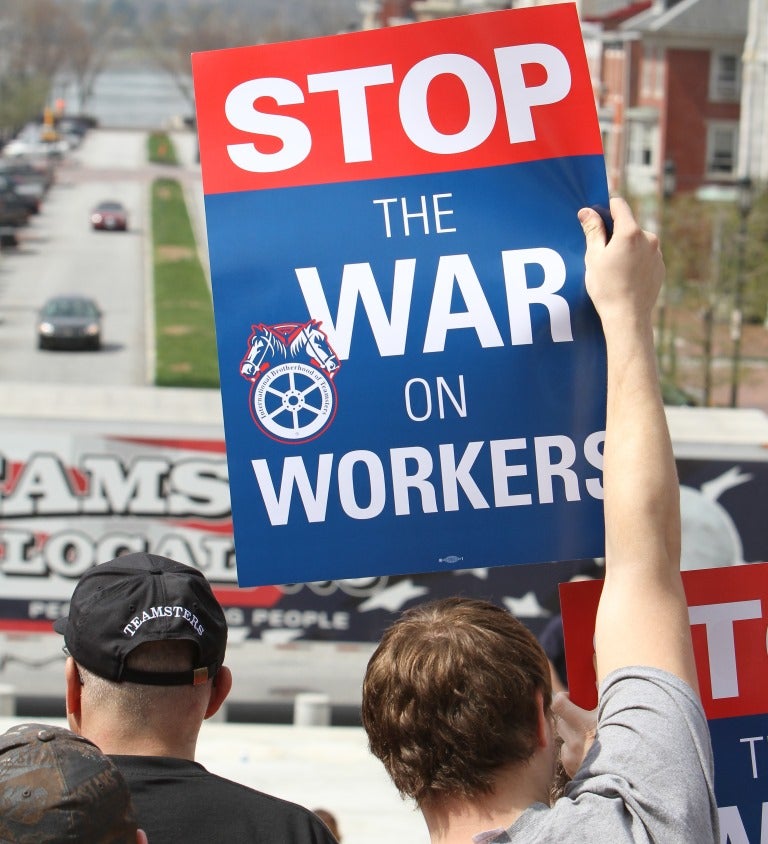Uncategorized
TPP Opposition is Growing

The Obama administration is continuing its push forward with a secretive 12-nation Pacific Rim trade deal that will kill American jobs and bring unsafe products into U.S. homes. But activists and even some nations are beginning to see through the facade of the Trans-Pacific Partnership (TPP) as negotiations begin to wind down.
Increasingly, there is pressure being brought upon involved countries. Protests were recently held in Washington and New York that called on the U.S. to protect workers, food safety, health care and the environment by altering language that is believed to be contained in the pact. And similar demonstrations have arisen around the globe.
“The public is beginning to see the flaws in this trade pact that threaten U.S. jobs,” said Jim Hoffa, General President. “The TPP could not only hurt millions of U.S. workers, but it would allow unsafe food and products to flow across our borders. Our brothers and sisters need to remain vigilant about this unfair trade proposal.”
The Teamsters have joined with other unions as well as fair trade, health care and environmental advocates to raise questions about the TPP. Together they have worked to build a bipartisan coalition of lawmakers on Capitol Hill who are raising doubts about whether the trade agreement is in the best interest of the U.S.
Not all countries negotiating the TPP are rushing ahead with approval. In late August, Malaysia announced that it was putting the brakes on the agreement so it could study the proposed agreement further. Government officials said the nation would not be forced into signing a deal without further investigation.
“The cabinet is of the view that Malaysia should not be bound by any fixed timeline with regard tothe TPPA,” its Ministry of International Trade and Industry announced at the time.
But others are not so patient. Many governments are siding with the multinational corporations
that have made it clear they want the TPP finalized as soon as possible. They tout economic gains for employers and employees alike.
The numbers, however, just don’t support those claims. A report released in September by the Center for Economic and Policy Research shows that even when using the most pro-TPP statistics to determine U.S. economic growth, the deal would result in a pay cut for 90 percent of U.S. workers.
The TPP seems like even less of a good deal when you add lax seafood rules, the use of child labor to make garments for sale in the U.S. and potential changes that could wreck the U.S. dairy industry. At least, that is, for those who aren’t multinational corporations.